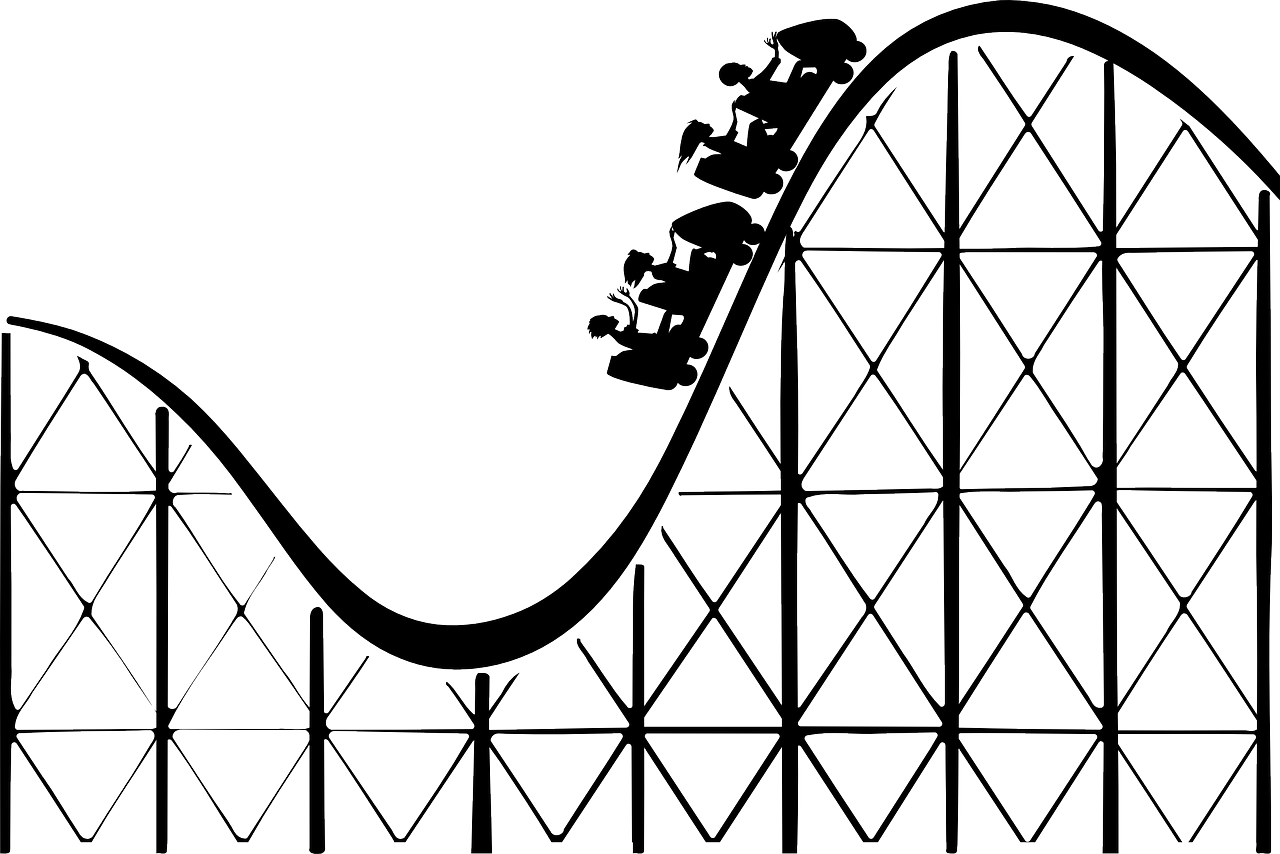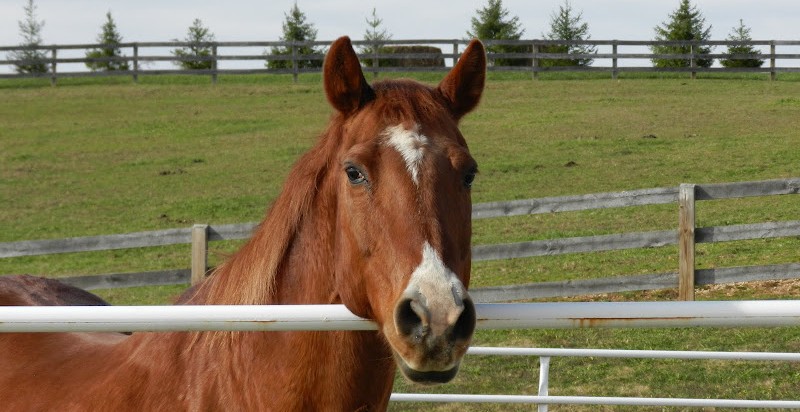Lia Coryell says she wanted to die.
According to The New York Times, after fighting COVID-19 last winter, Coryell 56, was hit with heart and kidney failure, pneumonia, and shingles. This was in addition to living with progressive multiple sclerosis.
“I’ve had to fight this really dark demon that says: ‘Why are you fighting this? Just let go, let go,’” Coryell told the Times‘ Ben Shpigel. “But I’ve never let go because out there there’s some kid in the same situation I was in, or some woman or man who’s been diagnosed with M.S. that feels insignificant or invisible, and I can’t let that happen.
“This is why I’m still here.”
In August, Coryell was back on the archery range at the Paralympics in Tokyo aiming for a medal. In 2016, she made it to the bronze medal round by firing her compound bow from her wheelchair, a good start for the first woman competing in the sport for the U.S. Paralympic team and the first female class W1 archer in the Western Hemisphere.
W1 means most disability
Paralympic archers this year are competing in two categories, W1 and Open. W1 is for athletes whose arms and legs are impaired and who use a wheelchair. The Open category includes wheelchair users whose impairment is in the legs, plus archers with a balance impairment who can stand or rest on a stool.
Other Paralympic sports have their own ability classifications, and athletes with MS are competing in several of those sports.
More Paralympic Athletes With MS
Elizabeth Rodrigues Gomes, 56, was diagnosed with MS in 1993. Gomes is a world champion discus thrower on the Brazilian team. At this year’s Paralympics, she brought home the gold. Gomes has also competed in shot put and javelin throw.
Cécile Hernandez, 47, of France won a silver medal in snowboarding at the 2014 Paralympics in Sochi, and a bronze in snowboard cross at the 2018 Games in Pyeongchang. Hernandez was diagnosed with MS in 2002.
“My biggest enemy is my multiple sclerosis because I don’t know how I will wake up tomorrow. I’m not the same at nine, at 10:00, at 11:00, and at 14:00. It’s the nerve system so it changes when I’m tired, when I’m upset, when it’s cold. But it’s my life,” she told Paralympic.org.
Diagnosed with MS in 1998, Australia’s Carol Cooke, 60, won gold in T1-2 road cycling in the 2016 Paralympics in Rio. She was expected to be a medal winner again this year, but a crash in Tokyo that left her hospitalized dashed her hopes for a repeat.
You don’t have to be at the Paralympics to be an MS athlete
Cheryl Hile, 47, has run marathons all over the world. In fact, in 2016 she ran seven — one on each continent. Since I wrote about her five years ago, she’s started a running/walking group for people with MS and their families and friends, called “Run a Myelin My Shoes.”
April Hester, 46, likes to hike in the woods and go on long treks lasting several weeks on some tough trails. In 2017, she and her husband, Bernie, spent a month hiking the 460-mile Palmetto Trail in South Carolina. Last year, they planned to hike the full 2,200-mile Appalachian Trail that runs from Maine to Georgia, but had to postpone the trip due to the pandemic. The couple hopes to reschedule that hike sometime next year.
‘It’s just a body’
There was no medal in the cards for archer Lia Coryell at the Tokyo Paralympics, and she now plans to retire from competition and continue coaching her sport.
“This is just a body, just a glob of cells, and right now it’s defective,” Coryell told the Times about her MS. “Who I am will always be with all the people that I’ve touched, and a world I’ve made a little bit better.”
Bull’s-eye!
(Featured image by Darwin Laganzon from Pixabay.)
(This post first appeared as my column on the MS News Today website.)


